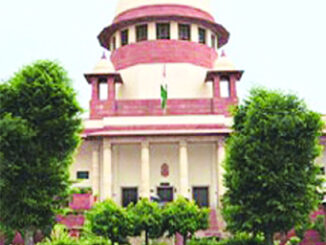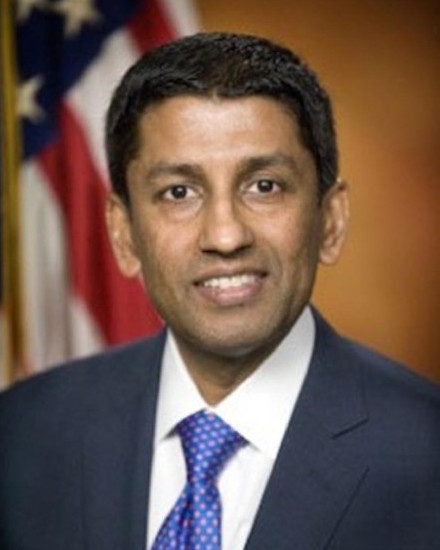
In recent years, there has been a growing concern over the alleged misuse of government agencies by the Modi government in India. The accusations revolve around the intimidation and implicating of opposition party politicians and governments in false cases, potentially to gain a stronger foothold for the Hindutva ideology. This trend has raised questions about the state of democracy in India and the potential threat it poses.Several government agencies, including the Central Bureau of Investigation (CBI), the Enforcement Directorate (ED), and the Income Tax Department, have come under scrutiny for their alleged misuse to target opposition figures. These agencies are intended to uphold the rule of law, maintain transparency, and ensure accountability. However, their recent actions have raised concerns about their independence and impartiality.
These agencies have initiated investigations without substantial evidence, leading to the implication of opposition politicians and governments in false cases. Such actions erode public trust in these agencies and, by extension, the democratic institutions that are supposed to safeguard the nation’s interests.
The timing of these investigations often coincides with significant political events, such as state elections. This raises suspicions of politically motivated actions intended to disrupt the opposition and consolidate the power of the ruling party.
The alleged misuse of government agencies is closely tied to the promotion of the Hindutva ideology in India. Hindutva is a form of Hindu nationalism that seeks to establish the cultural and political dominance of Hindus. While it is distinct from Hinduism, the ideology has gained prominence in Indian politics in recent years.
The Modi government, led by the Bharatiya Janata Party (BJP), is associated with Hindutva, and critics argue that this ideology is influencing the government’s actions. The use of government agencies to target political opponents is seen as part of a broader strategy to consolidate power and promote the Hindutva agenda.
The implications for democracy are concerning. Democracy relies on the principles of pluralism, freedom of expression, and the protection of minority rights. The promotion of a singular cultural and political ideology at the expense of others threatens these democratic principles.
A fundamental tenet of any democracy is the rule of law. It implies that all citizens, regardless of their political affiliation, are equal before the law. The alleged misuse of government agencies in India challenges this principle, as it appears that certain individuals are being selectively targeted for political purposes.
Democracy also depends on the separation of powers, with the executive, legislative, and judicial branches acting independently to check and balance one another. When government agencies are used to target opposition figures, this balance is disrupted, and it raises concerns about the government’s ability to impartially uphold the law.
To protect democracy in India, it is essential to address the alleged misuse of government agencies and promote transparency and accountability. This can be achieved through an independent oversight, judicial scrutiny, public awareness, and international scrutiny





Be the first to comment